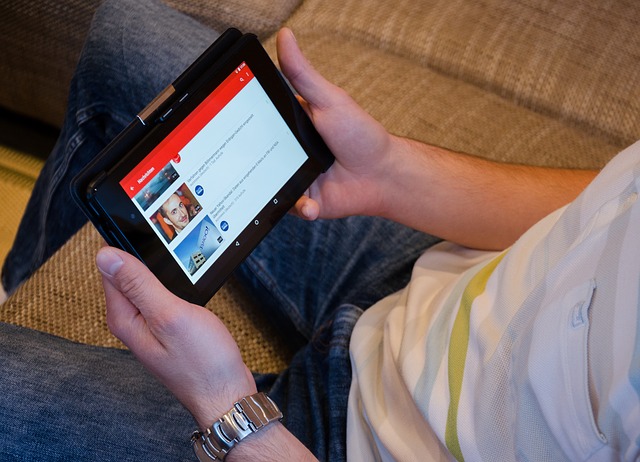The recent surge in fake news sites after the election has triggered a debate on the ability of people to differentiate between what’s real and what’s not. Now, a new study from Stanford University suggests that teenagers may be the most susceptible to false stories spread online.
Conducted by the Stanford Graduate School of Education led by professor Sam Wineburg, a team of researchers surveyed 7,804 students from middle school to college in 12 states, CBS San Francisco reports.
Wineburg found that 82% of middle school students could not identify which articles were native ad sponsored content from the legitimate stories. In addition, close to 40% of high school students didn’t bother questioning an unsourced photo of deformed daisies that had a headline on Japan’s Fukushima nuclear plant. Researchers said the photo was in no way connected to Fukushima.
In a press release, Wineburg said,
Many people assume that because young people are fluent in social media they are equally perceptive about what they find there. Our work shows the opposite to be true.
The researchers began working on the project in January 2015, well before the controversy on dubious social media stories erupted following Donald Trump’s upending win.
The study originally focused on news literacy, including the ability of students to judge Facebook and Twitter feeds, comments on news site forums, blog posts, photos and other forms of digital media that touch on public opinion.
The researchers did test how well students grasped political matters before Election Day. Participating students were asked to evaluate two Facebook posts announcing Trump’s presidential candidacy.
In the experiment, one of the posts was said to be from a verified Fox News account while the other was from an account that appeared to be Fox News. Only a fourth of the participants recognized the importance of the blue-checked or verified account. Over 30% of the students said that the fake account was more trustworthy because it contained some visual elements.
On studying Google searches, the researchers found that results were often “more challenging with politically charged topics” for students.
Wineburg said that the next step would be for the research team to come up with lesson plans and videos to help teachers better educate students on the importance of gathering legitimate information on digital platforms.
He said, “As recent headlines demonstrate, this work is more important now than ever.”
























